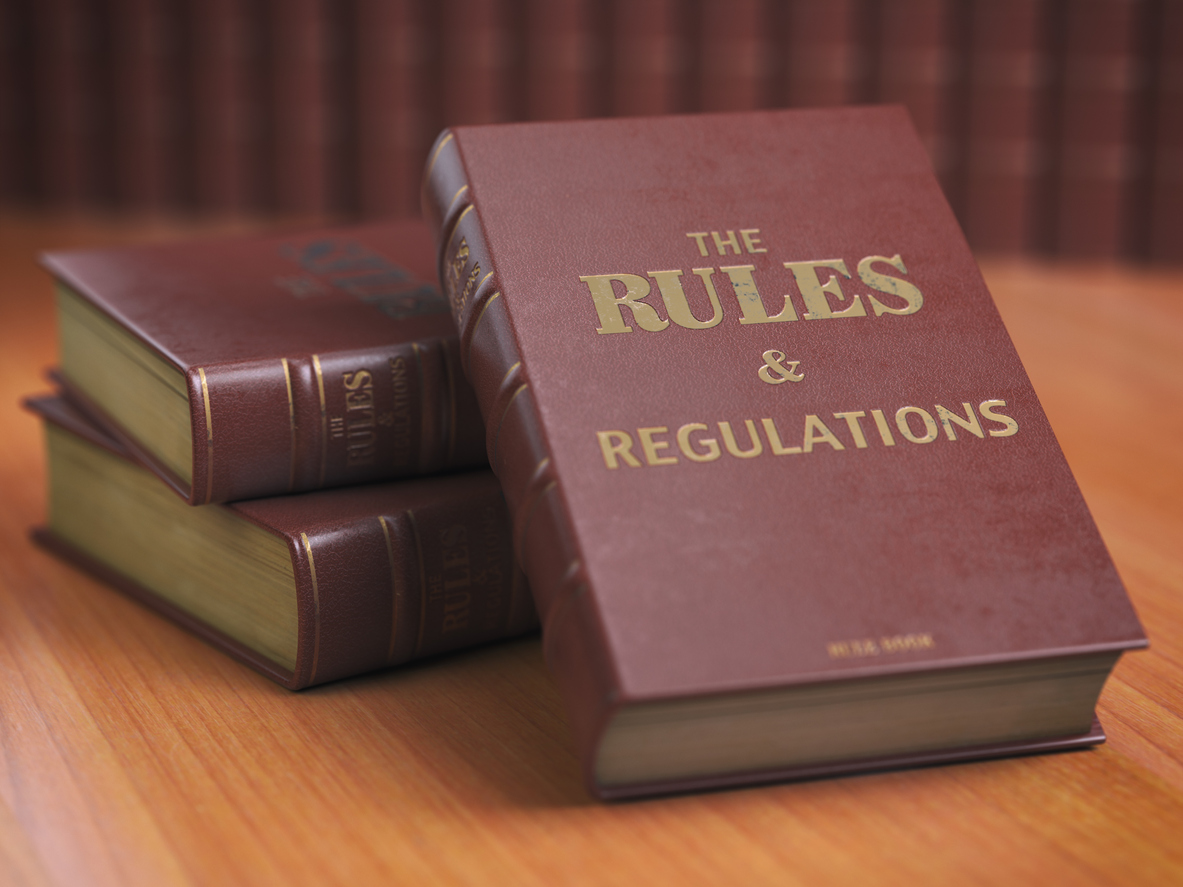This blog follows up last month’s “Know the Regs to Use the Regs” on 10 CCR 2695.9. The purpose is the same – one of the most impactful, if not the most impactful course of action a policyholder or policyholder advocate can take to add value to a claim is knowing and enforcing your legal rights.
The regulation discussed today, 10 CCR 2695.7, is also specific to California, but I again implore you to seek out your state’s insurance statutes and regulations for similar protections. If you don’t know where to begin, I recommend searching this blog and visiting United Policyholders at www.uphelp.org.
California regulation 10 C.C.R. 2695.7, Standards for Prompt, Fair and Equitable Settlement, falls within the Fair Claims Settlement Practices Regulations. The following are a few excerpted sections of the regulation that can add value on any claim:
2695.7
(b) Upon receiving proof of claim, every insurer […] shall immediately, but in no event more than forty (40) calendar days later, accept or deny the claim, in whole or in part. The amounts accepted or denied shall be clearly documented in the claim file unless the claim has been denied in its entirety.
(1) Where an insurer denies or rejects a first party claim, in whole or in part, it shall do so in writing and shall provide to the claimant a statement listing all bases for such rejection or denial and the factual and legal bases for each reason given for such rejection or denial which is then within the insurer’s knowledge. Where an insurer’s denial of a first party claim, in whole or in part, is based on a specific statute, applicable law or policy provision, condition or exclusion, the written denial shall include reference thereto and provide an explanation of the application of the statute, applicable law or provision, condition or exclusion to the claim. […]
Simplified: If an insurer receives “proof of claim” (i.e., any evidence or documentation in the possession of the insurer, whether as a result of its having been submitted by the insured or obtained by the insurer in the course of its investigation, that provides any evidence of the claim and that reasonably supports the magnitude or the amount of the claimed loss) the insurer must accept or deny the claim in whole or in part within 40 days, unless more time is needed as explained in the next section. If an insurer denies or rejects a claim, it must (1) be in writing, (2) state all bases for each reason, and (3) reference and explain the law or policy provision it is relying on.
(c) (1) If more time is required than is allotted in subsection 2695.7(b) to determine whether a claim should be accepted and/or denied in whole or in part, every insurer shall provide the claimant, within the time frame specified in subsection 2695.7(b), with written notice of the need for additional time. This written notice shall specify any additional information the insurer requires in order to make a determination and state any continuing reasons for the insurer’s inability to make a determination. Thereafter, the written notice shall be provided every thirty (30) calendar days until a determination is made or notice of legal action is served. If the determination cannot be made until some future event occurs, then the insurer shall comply with this continuing notice requirement by advising the claimant of the situation and providing an estimate as to when the determination can be made. […]
Simplified: If more than 40 days is needed to accept or deny a claim, an insurer must let an insured know in writing within those 40 days and specify whether additional information is needed. Written status updates must then be provided by the insurer every 30 days until a claim determination is made.
(d) Every insurer shall conduct and diligently pursue a thorough, fair and objective investigation and shall not persist in seeking information not reasonably required for or material to the resolution of a claim dispute.
Simplified: Insurers have a duty to thoroughly, fairly, and objectively investigate a claim. Insurers may not request information not related or relevant to resolution of a claim dispute, however, the “relevant” standard is often broadly applied.
(f) Except where a claim has been settled by payment, every insurer shall provide written notice of any statute of limitation or other time period requirement upon which the insurer may rely to deny a claim. Such notice shall be given to the claimant not less than sixty (60) days prior to the expiration date; except, if notice of claim is first received by the insurer within that sixty days, then notice of the expiration date must be given to the claimant immediately. […] This subsection shall not apply to a claimant represented by counsel on the claim matter.
Simplified: An insurer must give notice of deadline to file a lawsuit, or other deadline on which an insurer may rely to deny a claim, at least 60 days prior to the date, unless the deadline expires within those 60 days (then it must be given immediately). This requirement does not apply to a party represented by an attorney. Also, these timeframes often do not take into account tolling, (a pause on the running on the statute of limitations), while your claim is being adjusted. Consult an attorney if you have questions regarding the applicable statute of limitations period.
(g) No insurer shall attempt to settle a claim by making a settlement offer that is unreasonably low. The Commissioner shall consider any admissible evidence offered regarding the following factors in determining whether or not a settlement offer is unreasonably low:
(1) the extent to which the insurer considered evidence submitted by the claimant to support the value of the claim;
(2) the extent to which the insurer considered legal authority or evidence made known to it or reasonably available;
(3) the extent to which the insurer considered the advice of its claims adjuster as to the amount of damages;
(4) the extent to which the insurer considered the advice of its counsel that there was a substantial likelihood of recovery in excess of policy limits;
(5) the procedures used by the insurer in determining the dollar amount of property damage;
(6) the extent to which the insurer considered the probable liability of the insured and the likely jury verdict or other final determination of the matter;
(7) any other credible evidence presented to the Commissioner that demonstrates that (i) any amount offered by the insurer in settlement of a first-party claim to an insured not represented by counsel, or (ii) the final amount offered in settlement of a first-party claim to an insured who is represented by counsel or (iii) the final amount offered in settlement of a third party claim by the insurer is below the amount that a reasonable person with knowledge of the facts and circumstances would have offered in settlement of the claim.
Simplified: An insurer may not make an unreasonably low offer, sometimes referred to as “lowballing.” The information that may be considered by the Insurance Commissioner when making a determination of lowballing is broad.
(h) Upon acceptance of the claim in whole or in part and, when necessary, upon receipt of a properly executed release, every [property] insurer […] shall immediately, but in no event more than thirty (30) calendar days later, tender payment or otherwise take action to perform its claim obligation. The amount of the claim to be tendered is the amount that has been accepted by the insurer as specified in subsection 2695.7(b) […]
Simplified: On acceptance of a claim, an insurer must make a claim payment on the undisputed amount immediately, and in no event more than 30 days after acceptance in whole or part.
(l) No insurer shall deny a claim based upon information obtained in a telephone conversation or personal interview with any source unless the telephone conversation or personal interview is documented in the claim file pursuant to the provisions of Section 2695.3.
Simplified: An insurer may not deny a claim based on a conversation with an insured that is not documented “in such detail that pertinent events and the dates of the events can be reconstructed and the licensee’s actions pertaining to the claim can be determined.”
(o) No insurer shall require that a claimant withdraw, rescind or refrain from submitting any complaint to the California Department of Insurance regarding the handling of a claim or any other matter complained of as a condition precedent to the settlement of any claim.
Simplified: An insurer may not threaten to delay or withhold settlement by first requiring the insured refrain from filing or withdraw a complaint with the Department of Insurance.




